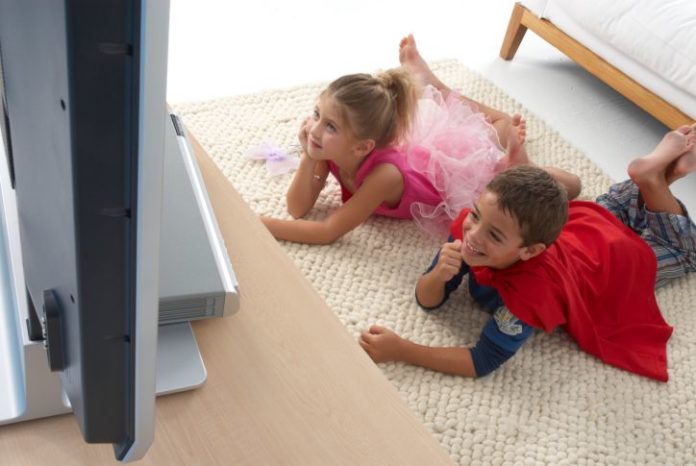Too much screen time is often blamed for children’s sedentary lifestyles, but new research has challenged this view, finding no link between TV watching and how much time children spend in unstructured play.
The study, led by Edith Cowan University (ECU) Senior Lecturer Dr Bronwyn Harman, surveyed 564 parents from around Australia about how much time their children spent in unstructured play, or games that are played without adult supervision.
“Activities like climbing trees, exploring nature or playing with blocks are all examples of unstructured play,” Dr Harman said.
“We know that unstructured play is very good for young children’s social, cognitive and physical development.”
Surprising results
The researchers were surprised when they found that there was no link between the amount of TV children watch and amount of time they spend engaged in unstructured play.
“Watching too much TV or excessive screen time is often blamed for children not getting outside and playing enough, but our results did not show that,” Dr Harman said.
“Additionally, the average amount of TV watched by children in our survey was 1.83 hours, which is within the Australian guidelines which recommend no more than two hours of screen time per day.
“Parents are often criticised for allowing their young children to watch too much TV, but this study suggests this is not the case.”
Reading results
The survey also found that the more time a child spent reading and sleeping the more likely they were to be engaged in unstructured play.
“For every extra hour each day spent reading or sleeping was associated with about an extra half hour each day participating in unstructured play,” Dr Harman said.
“With regards to sleeping, it is unclear if children sleep more because they play more, or vice versa. When it comes to reading, it is possible that because reading encourages imagination, it leads to more time spent on unstructured play.”
The study, ‘Predictors of unstructured play amongst preschool children in Australia’, was recently published in Early Childhood Australia.
(Source: Edith Cowan University, Early Childhood Australia)










